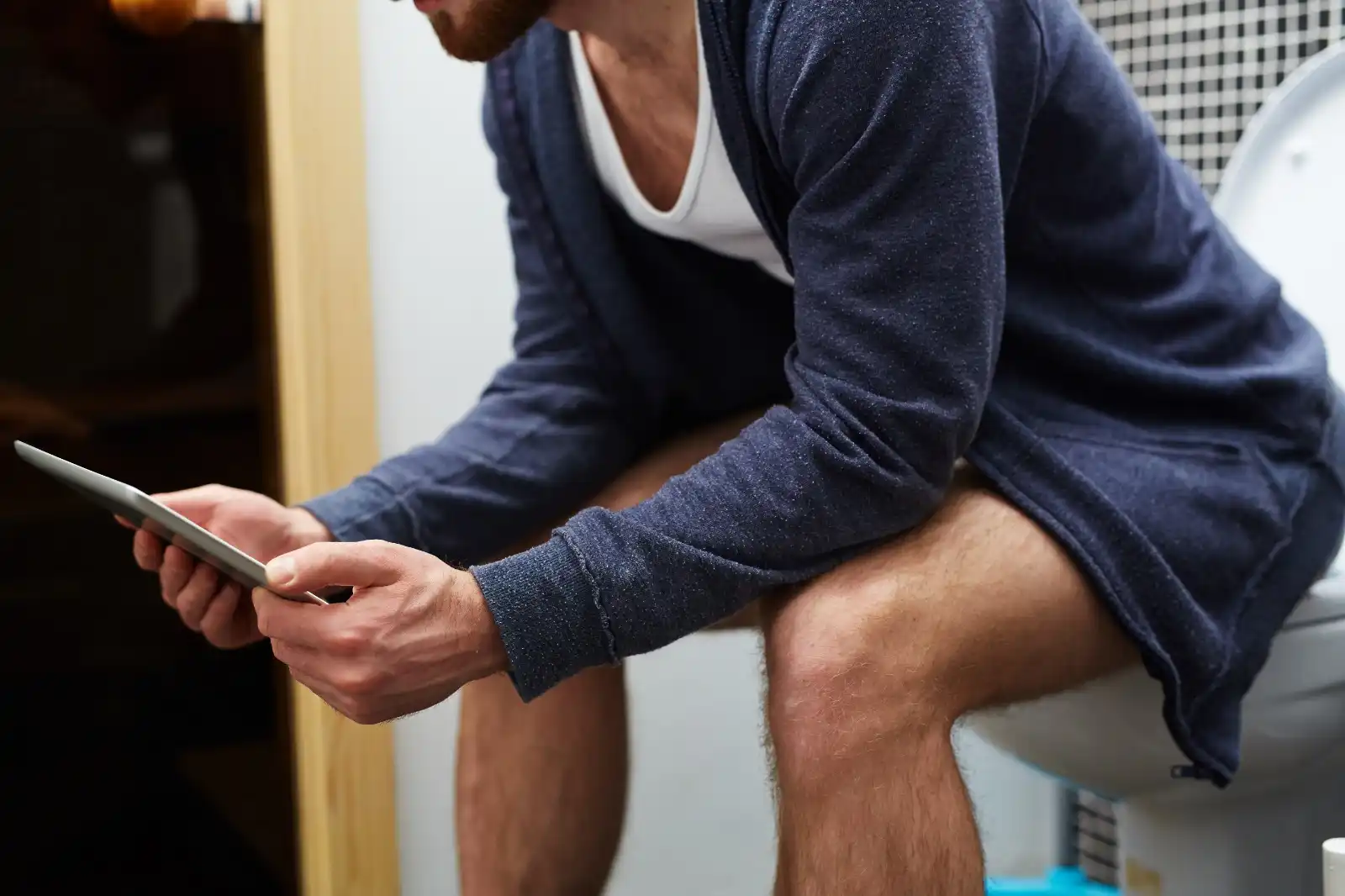
Obstructed defecation can significantly impact one’s quality of life, but with appropriate treatment in Chennai, individuals can find relief and improve their bowel function. Access to specialized care for obstructed defecation treatment in Chennai is essential. Understanding the available treatment options in Chennai can help individuals make informed decisions about their health.
Obstructed Defecation Syndrome (ODS) is a type of chronic constipation where individuals face difficulty in evacuating stool despite the urge to defecate. It primarily affects women and is often linked to pelvic floor dysfunction.
ODS may be caused by structural issues like rectocele (bulging of the rectum into the vagina), intussusception (rectal folding), or anismus (failure of anal muscles to relax). It severely impacts the quality of life and often requires a combination of treatments.
Obstructed Defecation Syndrome (ODS) presents with a cluster of distressing symptoms and is often rooted in structural or functional abnormalities of the pelvic region. Early diagnosis by an experienced obstructed defecation doctor in Chennai is crucial to prevent chronic progression.
Accurate diagnosis of Obstructed Defecation Syndrome (ODS) requires a detailed clinical evaluation followed by specific diagnostic tests that assess both anatomical and functional abnormalities. An experienced obstructed defecation specialist in Chennai typically coordinates a comprehensive workup to guide effective Obstructed Defecation Treatment in Chennai, ensuring personalized and targeted care for long-term relief.
Obstructed Defecation Syndrome (ODS) can significantly impair both bowel function and overall quality of life. It causes physical discomfort, disrupts daily activities, and may lead to complications if not managed by an experienced obstructed defecation specialist in Chennai.
The treatment of Obstructed Defecation Syndrome (ODS) involves a stepwise approach based on the underlying cause, symptom severity, and response to conservative therapy. A skilled obstructed defecation specialist in Chennai can accurately assess these factors and recommend the most effective Obstructed Defecation Treatment in Chennai for optimal patient outcomes.
Access to specialized care for obstructed defecation treatment in Chennai is crucial for individuals seeking relief from symptoms and improvement in bowel function. By consulting qualified specialists, undergoing appropriate tests, and following personalized treatment plans, individuals can effectively manage obstructed defecation and enhance their quality of life.
Read Also: Parastomal Hernia Treatment in Chennai
Obstructed Defecation presents with chronic straining, a constant feeling of incomplete evacuation, and the need for prolonged toilet time or manual assistance. Patients may also feel pelvic heaviness or rectal pressure despite soft stools. These symptoms reflect difficulty in stool passage due to pelvic floor dysfunction or structural issues in the rectum or anal muscles.
ODS can be caused by pelvic floor dysfunction, where the anal muscles fail to relax properly, or by structural problems such as rectocele (rectal bulge), intussusception (rectal folding), or rectal prolapse. Lifestyle factors like chronic constipation, low fiber intake, and repeated straining during bowel movements can also contribute to developing this condition over time.
Diagnosis involves a clinical evaluation and specialized tests like defecography, colonoscopy, anorectal manometry, or pelvic MRI. These help assess muscle coordination, detect structural abnormalities, and understand rectal function. A detailed symptom history combined with physical examination is essential to distinguish ODS from other types of constipation and guide proper treatment.
The best treatment is usually a combination of high-fiber diet, pelvic floor physiotherapy, and biofeedback therapy to retrain defecation mechanics. In severe or structural cases, surgical interventions like rectocele repair or rectal prolapse correction may be needed. Early diagnosis and individualized care significantly improve outcomes and help avoid long-term complications.